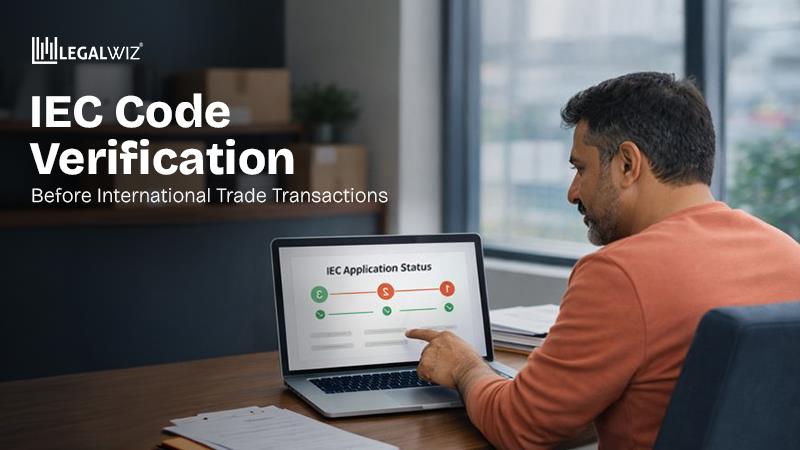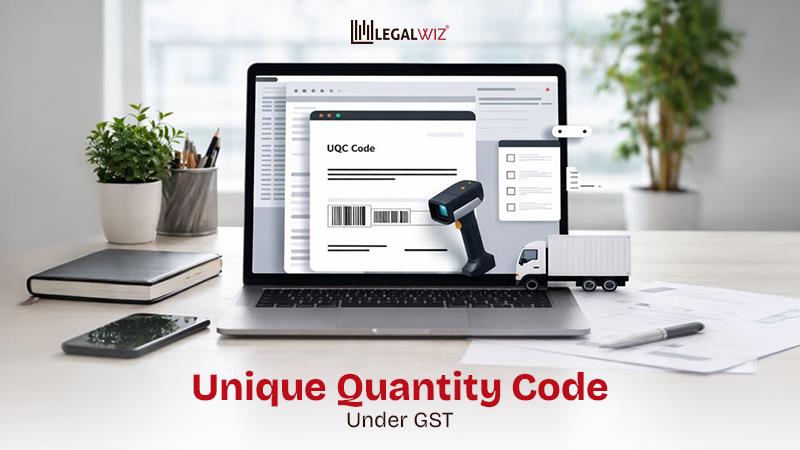Private Placement of Non-Convertible Debentures
Background
A business can collect public loans other than deposits by issuing debt instruments against the business. Such debt instruments are commonly referred to as debentures.
The following is not regarded as debentures:
(a) The instruments referred to in Chapter III-D of the Reserve Bank of India Act of 1934 on swaps, monetary market instruments, repo, reverse repo and securities;
(b) Such other instruments as the Central Government may prescribe and issued by the Company in consultation with the Reserve Bank of India.
A detailed information is given below on the procedure for private placement of non-convertible debentures (NCDs).
A Company can issue two types of Debentures:
1. Debentures secured by charge on any assets.
2. Debentures with compulsory conversion into business shares within five years.
What are Non- Convertible Debentures (NCD’s)?
Non-convertible borrowings are debentures that can not be exchanged into the Company’s equity shares and repaid at the end of the stated term. Thus, NCD is an executed debt instrument that recognizes its duty to refund the amount and the prescribed interest rate.
Conditions to be fulfilled for the issue of Secured NCD’s
A firm can only issue secured non-convertible debentures (NCDs). If NCD is released by a company not charging the Company’s assets, it is mandatory to list the shares of the recognized stock exchange, so that the same does not fall within the scope of the deposits. The following conditions must be met for the problem of protected NCDs:
1. The redemption date shall not exceed ten (10) years from the issuance date. Given that the Infrastructure Financial Companies, Infrastructure Debt Fund Companies and Infrastructure Debt Project Companies approved by the Department of Central Government or RBI are liable for debenture over 10 years, up to 30 years, can issue debenture.
2. Such a debenture issue should be guaranteed by making a fee with a value of the debenture due payment and interest.
3. In favor of the debenture trustee, the Company is named as Debenture Trustee and Charge is made.
4. The debenture Trustee’s qualification and position must be established.
5. Any firm needed to establish DRR shall deposit or invest, as the case may be, on or before the 30th day of April, not less than 15 percent of its debentures that expire during the year ended on the 31st day of March of the next year.
What is a Private Placement?
Private placement implies any offer or invitation to subscribe or issue securities by a corporation (other than a public offer) to a certain category of persons (“identified persons”) through the private placement offer-cum application letter.
Note: No offer shall be made in a financial year to more than 200 persons, except eligible institutional buyers (QIB’s) and employees of the Company for whom ESOP securities are offered.
Procedure for issuance of NCD’s through Private Placement route
The detailed procedure or steps for a private placement of NCD’s are:
1. The Board shall classify the persons for whom the company is issuing NCDs and prepare a list of those persons to whom a debentures offer will be issued.
2. Preparation of the draft PAS-4 form for approval by the Board Meeting (Private placement offer cum application letter).
3. When issuing secured debentures, the Company appoints a debenture trust deed to protect the interest thereon before issuing its letter of offer for a subscription to debentures and no later than sixty days after its allotment (Section 71(3) of the Act read according to the applicable rules).
4. Open a separate bank account for the subscription number receipt.
5. Identify the Company’s properties, which would be paid to (if secured debentures are issued).
6. Call a meeting of the Board by notifying all of the Company’s directors at least seven days before the meeting date, along with an agenda notice and recommendations for resolutions to be adopted at the meeting.
Resolutions to be passed at Board Meeting:
Approval of the Board for issue of NCD’s and deciding the terms of issue
• Type PAS-4 approval (private placement offer cum letter of application).
• Debenture trustee appointment, if applicable.
• Approval of the debenture trust Act to be carried out with the debenture trustee.
• Separate bank account opening.
• Approval by the Board to raise, subject to the general assembly approval of the members of the Company u / s 180(1)(c) of the Act, where applicable.
• Issue the General Assembly Notice and the explanatory statement for adopting the Act’s special resolution u / s 180(1)(c).
Also Read: Dividend – Types,Procedure, and Payment
Note: Type MGT-14 filing with the Business Registrar (ROC) in 30 days from NCD’s Board Resolution adoption.
Shape MGT -14 is sent to ROC within 30 days of adopting the special resolution, if any.
The PAS-4 offer, along with all attachments, should be submitted.
The subscription sum shall be collected from all subscribers in a separate bank account opened for this reason.
The payment to be made for debenture subscriptions shall be made out of the person’s bank account and the Company shall keep a record of the Bank account from which such a subscription payment was paid.
Any identified persons who are ready to subscribe to the Private Placement issue shall, together with subscription money paid by the cheque or request draught or any other bank channel and not cash, apply for private placement and application issued to such individual.
Call a Board of Directors to allocate debentures by sending a letter to all Company Directors, at least seven days before the meeting date, including an agenda statement, draught resolutions, and draught resolutions to be adopted at the meeting.
Note: NCD’s allocation must be made within 60 days of the date the subscription money is issued.
· Convene the Board meeting and pass the following resolutions:
• NCD’s allocation.
• Allow one or more managers to issue a debenture certificate and sign it.
• Join the Deed of Confidence of Debenture (SH-12).
• Formation of the Redemption Reserve for Debenture.
• Development of a tax on the Company’s properties.
Note: Filing of e-form PAS-3 with ROC within 15 days from the date of allotment of debentures.
Conclusion:
Therefore, NCD is the form of debentures not convertible in the Company’s equity securities and repaid at the end of a specified duration. They are one way of raising the Company’s debt instead of allowing banks and financial institutions to borrow at higher interest rates. The above procedure for privately putting NCDs was clarified in the light of the applicable rules in the Sections 42, 71, and 180(1)(c) of the Act.

Shalini Mathur
Shalini Mathur is associated with LegalWiz.in as Operational Executive of the Company, handling various MCA related compliance and various legal drafting.







